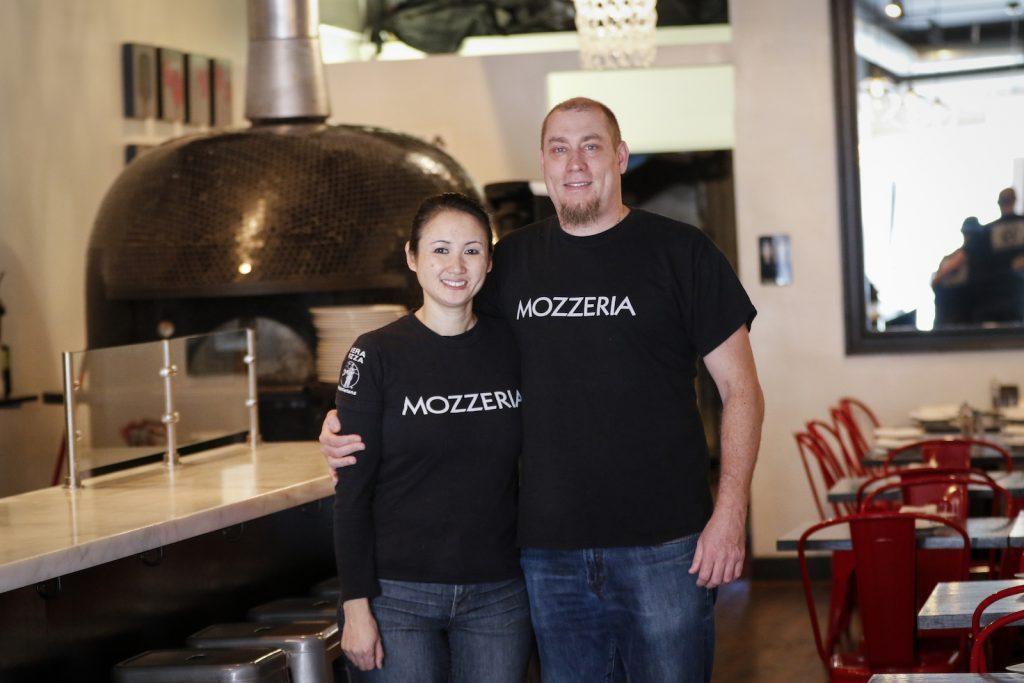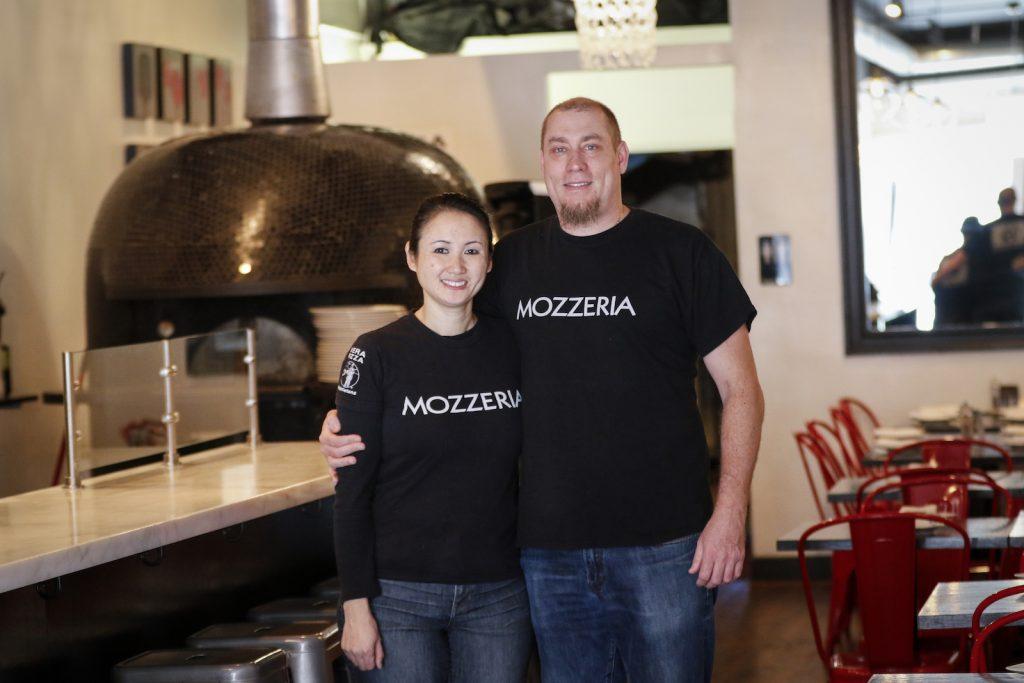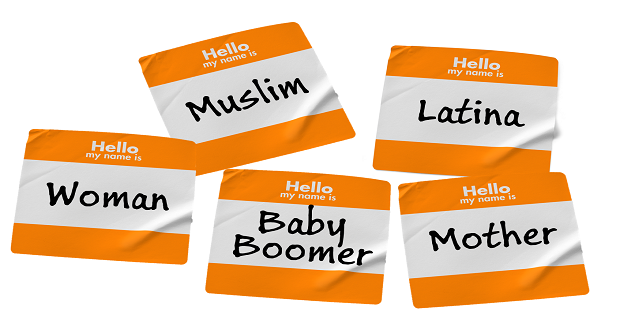
Earlier this month the Washington Post published a story titled: “She proved them wrong: A deaf couple is opening a pizzeria in D.C. with all deaf employees.” This article went on to explain the details of Melody and Russ Stein, a couple who is deaf from San Francisco, CA, and their pizzeria success story. After applying and being turned away from a culinary school solely due to her ability status, Melody ultimately found a way to meet her goal of opening a restaurant. Now, in the spring of 2020 the Steins will be opening their second pizzeria location in Washington, D.C., and like their first pizzeria in San Francisco, their D.C. location will be fully staffed with deaf employees.
I personally love a good pizza, and I believe the intentional act of employing a staff who is deaf is fantastic. The fact that the Stein’s have seen success and are expanding, while employing approximately 30 staff members who identify as deaf is commendable. However, when I read this story, I couldn’t help but consider the fact that many people who are part of underrepresented identity groups (especially those with invisible identities) continue to be marginalized and disadvantaged every day. (Last week, my colleague, Leigh Morrison described the need for education in improving police interactions with the disability community.)
Melody’s experience being excluded and turned away from culinary school could have negatively impacted her entire career. Her sole professional goal in life was to be in the restaurant business, and if it wasn’t for her own drive, she could’ve internalized messaging that suggested she was incapable of doing so. I think by entering the restaurant space in this way, she sent a clear message that she was not going to allow someone’s limiting view of what she was capable of define her vision. We are the only individuals that have a full understanding of our own ability. By accomplishing her goal, Melody was actively shifting the narrative.
We are the only individuals that have a full understanding of our own ability. By accomplishing her goal, Melody was actively shifting the narrative. Click To TweetFinally, I did find it ridiculous that anyone would question the Stein’s ability to successfully open and operate a restaurant. This seems like a questioning of their competency and ability to put their business plan into action. Instead of doubting the associated logistics of the restaurant, we should all be celebrating the fact that they are able to contribute to this world with something that they are passionate about. Of course, since it was their plan to open a restaurant and staff it with individuals that are deaf, I don’t think it is far-fetched to assume that they have already addressed the challenge of communicating with people that use their voice and hearing as their primary methods of communication. But also, let’s be very clear, even having to consider this is yet another example of an underrepresented identity group ultimately having to “problem-solve” for and appeal to the majority population, or dominant group. Another solution to this challenge could have been “If you would like to order here, here are the simple signs that you can use to communicate with our staff.” This is bridging, mutual adaptation.
Needless to say, I enjoyed learning just a little bit about Melody and Russ Stein and their pizzeria. If I was still residing in the D.C., Maryland, Virginia area, I would be SURE to find my way to this pizzeria when it opens next year and if you are in that area, I implore you to go try it out and let me know how it is!



















